Artistic space #52 - Ed Ruscha and Pop Art
He began painting commercial signs, worked in an advertising agency, did design and studied printing techniques, which would later be very useful in designing his own photo books and graphics work. All this was later recycled into his painting, which he himself considers his strongest and most committed bet. Although he trained in abstract expressionism his reference has always been the reality, in the form of signs, icons, typical scenarios of his adopted city, Los Angeles.
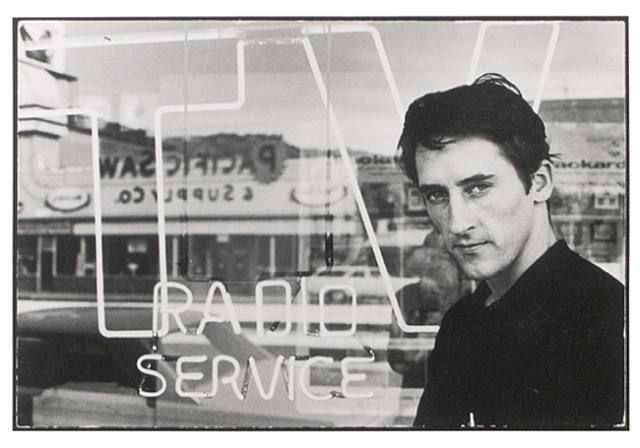
In 1957, Ed Ruscha discovered Jasper John's exclusively geometric "Target" series. In 1963, he was enthusiastic about two exhibitions presented in Los Angeles: "Duchamp" and "The Family of Man" by Edward Steichen. His work will be influenced by Atget, Robert Frank, Walker Evans and Rauschenberg, which will lead him to question the pictorial tradition.
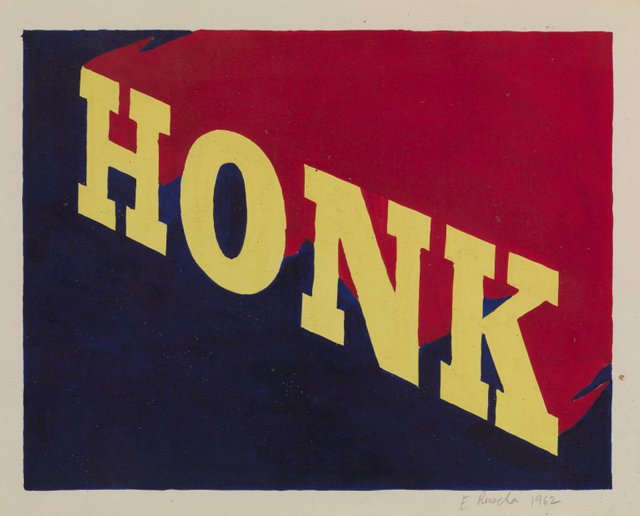
He has cataloged gas stations, cars, and car parks, streets, signs and swimming pools in the Mecca of the cinema. They are images that he has used as something visually pre-existing in which to introduce "noise", brushstrokes of irony, of criticism or a twist of meaning, in an ambiguous game with abstraction. Recently he commented on his particular iconography: "Artists have always been confronted with the idea of the ordinary man, with the painting of prosaic subjects. So many artists have expressed it in different ways, and I think it is a matter worth addressing. The ordinary' is a really fertile subject.

There's some of that at the gas stations, or those things you spend every day next to and then forget. In any case, his work goes far beyond vindicating the visually close. Despite his lack of pretension, Ruscha is above all a painter of extraordinary quality, and a creator of emphatic, high-impact images.
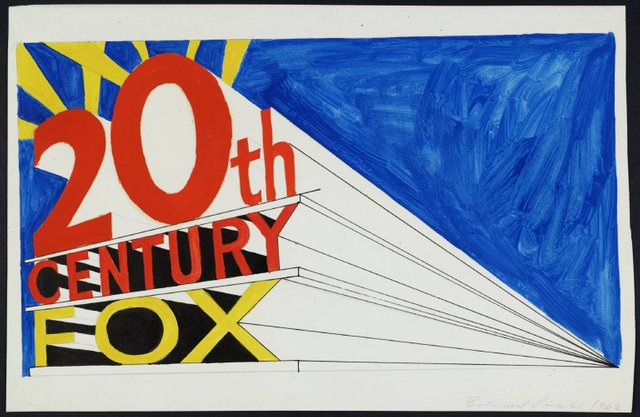
The printed word has been his battering ram for the collapse of artistic categories, for creative freedom. Edward Ruscha does not seem to like to examine himself and, as with his artistic work, he plays to a certain extent with absent-mindedness, even bewilderment. He tips over some of the most important references in his artistic production and defends his "conceptual" work, understood as mental planning.
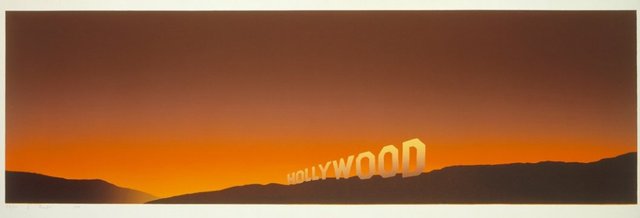
Edward Ruscha is one of the most famous North American painters of the second half of the 20th century. The son of Czech emigrants, he was born in 1937 in Omaha, Nebraska, but his artistic career has developed in Los Angeles, where he settled in 1956 to study commercial design and whose spirit he has been able to express starting from popular culture and certain doses of humor. It has held more than one hundred individual exhibitions and its presence is a must in major contemporary art museums.
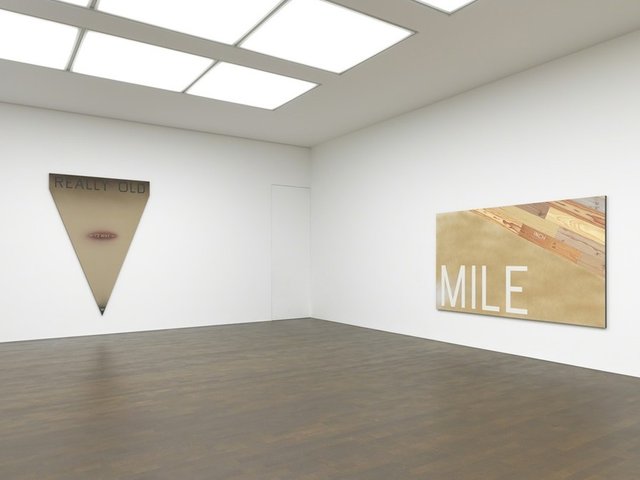
As we can see, pop art is never separated from the critique of consumer society, reflecting our deepest desires, conflicting feelings, and a clear demonstration of what our aesthetics look like.
It is incredible how many of the pop artists are family of emigrants from other parts of the world, and even so bringing a strong cultural charge, generated a universal language, some met and others did not. Some died without knowing that their art would be pigeonholed as Pop Art.
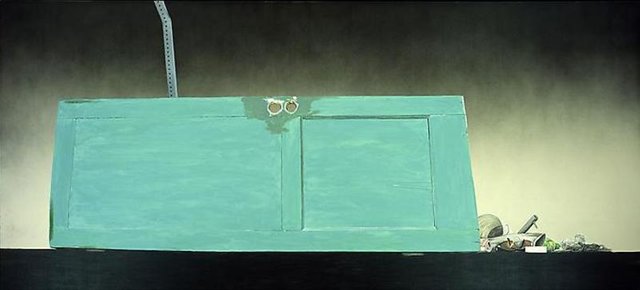
Although it was not the case Ruscha who was very friendly with Warhol and other pop greats. Undoubtedly a reflective time, but full of creativity and of converting everyday objects or common codes into true works of art.
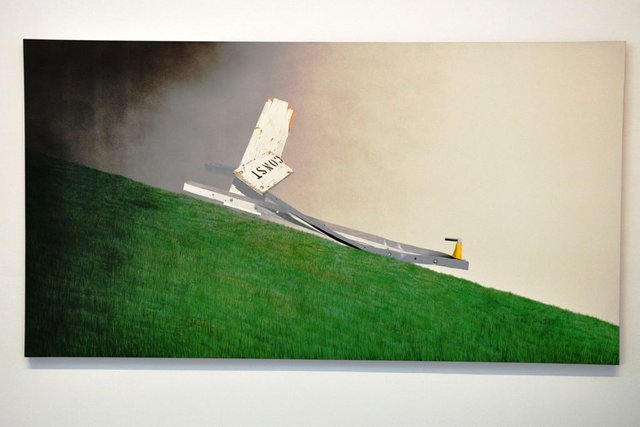
Thank you for reading


If you liked reading this article, feel free to FOLLOW ME, UPVOTE and RESTEEM! It's always appreciated =D. Thank you all for your support and see you soon for the news flamingirl's adventures!


you are really right